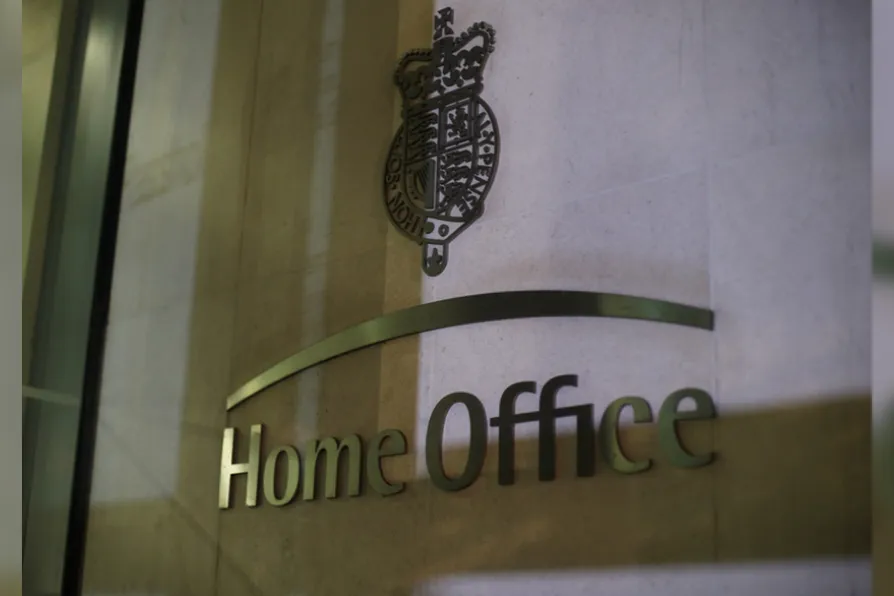Aid workers take Home Office to court over passport cancellations
Sam Tobin is at the High Court


TWO men whose passports were cancelled after they joined a humanitarian aid convoy have taken the Home Office to the High Court.
The pair, known only as B and ND, were helping deliver aid to Syria when they were stopped at Dover last May and subsequently had their passports cancelled by then home secretary Amber Rudd.
Both men were said to be “considered a person whose past, present or proposed activities, actual or suspected, are so undesirable that the grant or continued enjoyment of passport facilities is believed to be contrary to the public interest.”
Similar stories

ANSELM ELDERGILL draws attention to a legal case on Tuesday in which a human rights group is challenging the government’s decision to allow the sale of weapons used against Palestinians













